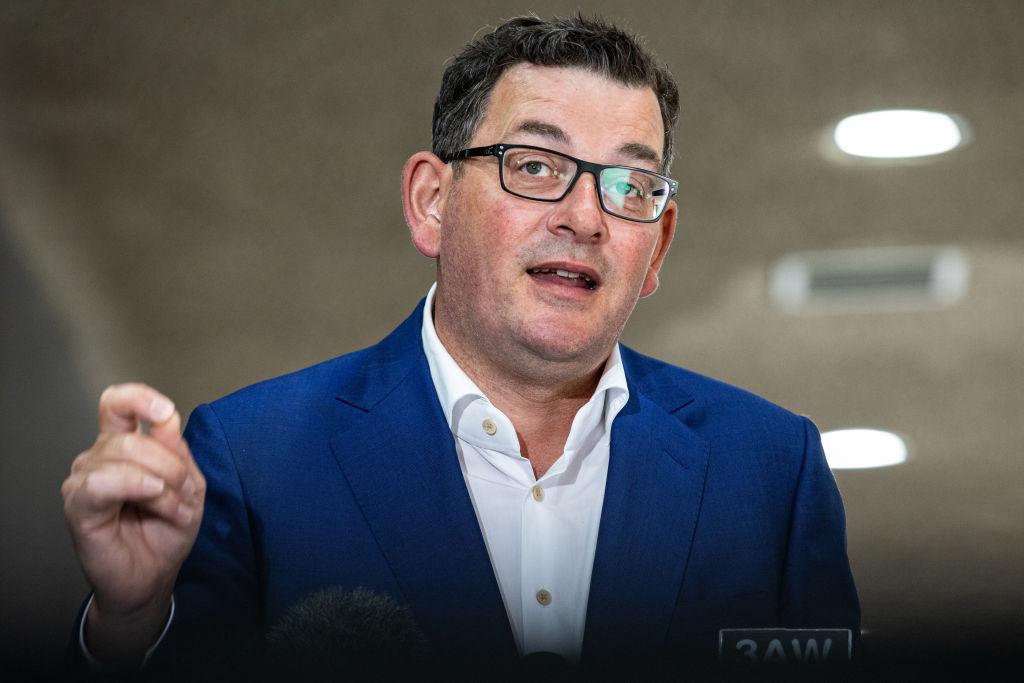Former Victorian Premier Daniel Andrews will likely enjoy a lifelong pension of over $300,000 a year as he retires.
The longest-serving Victorian premier suddenly announced his retirement on Sept. 26 with his last official working day a day after.

Former Victorian Premier Daniel Andrews will likely enjoy a lifelong pension of over $300,000 a year as he retires.
The longest-serving Victorian premier suddenly announced his retirement on Sept. 26 with his last official working day a day after.